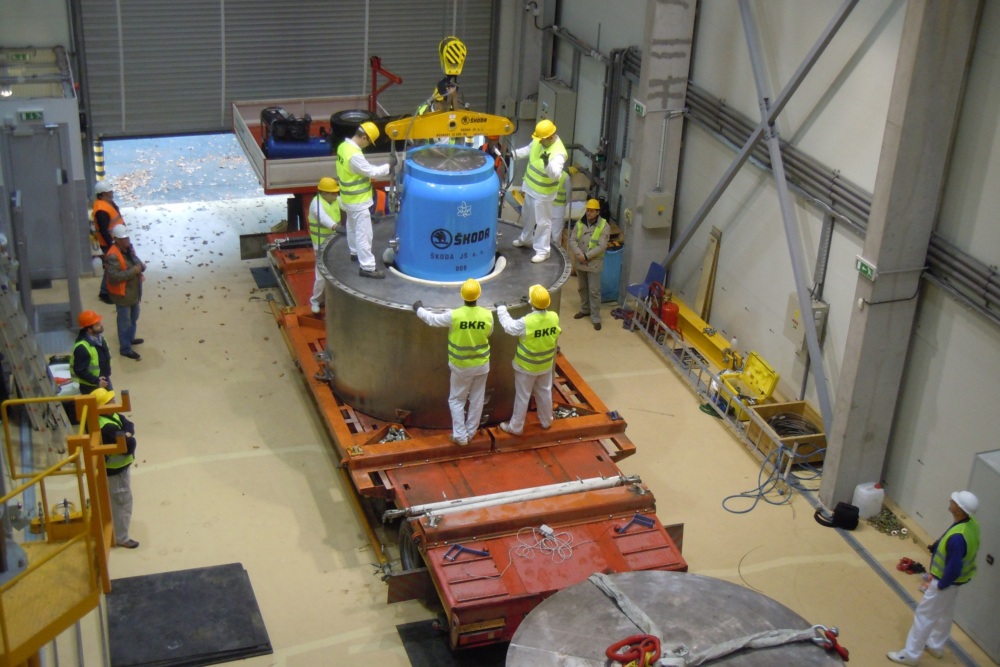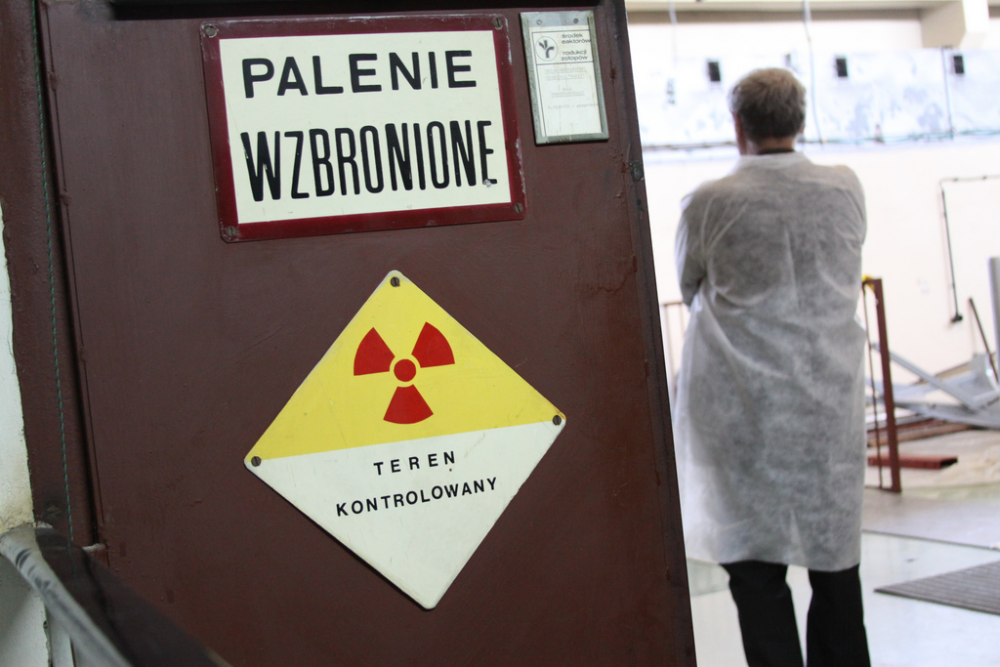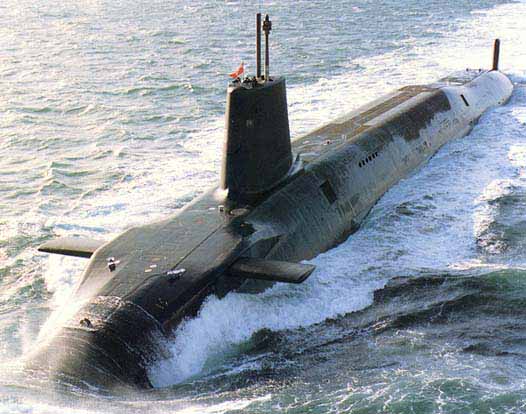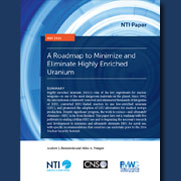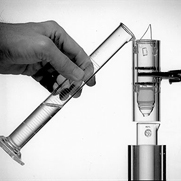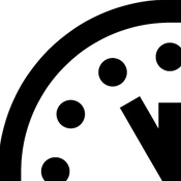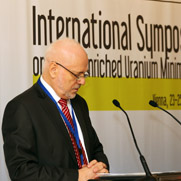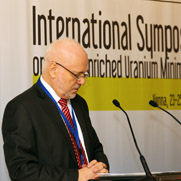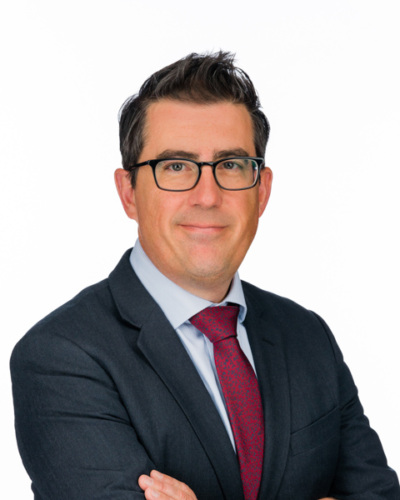
Scott A. Roecker
Vice President, Nuclear Materials Security
22 countries possess the world’s most dangerous materials across dozens of facilities, some of which are poorly secured.
Minimize–and ultimately eliminate–the use of highly enriched uranium (HEU) in civilian and naval applications.
Publication of two groundbreaking reports on HEU minimization and establishment of regional HEU-free zones.
Highly enriched uranium (HEU), a core component of a nuclear weapon, has also been used for decades to power research reactors, produce medical isotopes, and fuel naval submarines. Today, technical developments have made it possible to replace HEU with low enriched uranium (LEU) in nearly all cases and have rendered new civil applications of HEU obsolete.
NTI supports the phased elimination of civil applications of HEU and is working to build international consensus on the importance of reducing dependence on HEU for peaceful activities. In particular, NTI has supported and expanded programs in the United States to convert research reactors using HEU to LEU and remove HEU from as many sites and countries as possible.
Over a ten-year period, more than 700 kilograms of highly enriched uranium was removed from Poland, making it the 31st country to completely remove their HEU.
The Civilian HEU Reduction and Elimination Resource Collection has been updated by CNS in the wake of the April 2016 Nuclear Security Summit (NSS).
Report draws from input of study group of former military and political officials from nuclear-armed states.
A new paper published by NTI, the Center for Nonproliferation Studies and the Fissile Materials Working Group calls for the establishment of regional zones free of highly enriched uranium (HEU) in advance of the 2016 Nuclear Security Summit.
A new paper published by NTI, the Center for Nonproliferation Studies and the Fissile Materials Working Group offers timely recommendations for action that countries can pursue ahead of the 2016 Nuclear Security Summit.
A new paper develops a market-based roadmap for Russia to transition from HEU to LEU in the production of Molybdenum-99, an area ripe for a Russian commitment at the 2014 Nuclear Security Summit.
A new CNS issue brief by Anya Loukianova discusses U.S. and international efforts to balance the trade-offs between ensuring medical isotope supply and reducing HEU in medical isotope production.
NTI's Corey Hinderstein and Andrew Newman call for a change in the conversation on highly enriched uranium (HEU) from minimization to elimination.
The proceedings revealed a robust and growing consensus on the principle, underscoring the responsiblity of all stakeholders to make commitments their irreversible.
Past Event
Vienna, Austria
This technical report explores the cost and schedules associated with potential approaches to accelerate and expand the blend-down of Russian HEU.
NTI Co-Chairman Sam Nunn welcomes the news that Ukraine will eliminate its highly enriched uranium.
Former Senator Sam Nunn applauded the latest successful operation to remove and secure highly enriched uranium by the U.S. government.
Global Nuclear Terrorism Risk Still High, Despite Progress; New Administration Must Take Immediate Steps to Reduce Dangers
NTI Co-Chairman Sam Nunn commends the Department of Energy's HEU blenddown announcement.
Sam Nunn Applauds Recent Transfer of HEU Fuel from Uzbekistan
It was announced today the success of a joint NTI-Kazatomprom project to eliminate nuclear fuel containing 2,900 kilograms of highly enriched uranium (HEU).
Nunn applauds Secretary of Energy Spencer Abraham and his team for taking steps to remove vulnerable nuclear material from Uzbekistan and prevent nuclear terrorism.
NTI Commits $5 Million To Help Secure Vulnerable Nuclear Weapons Material
